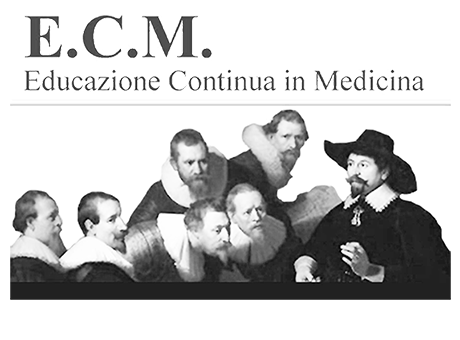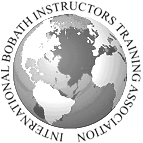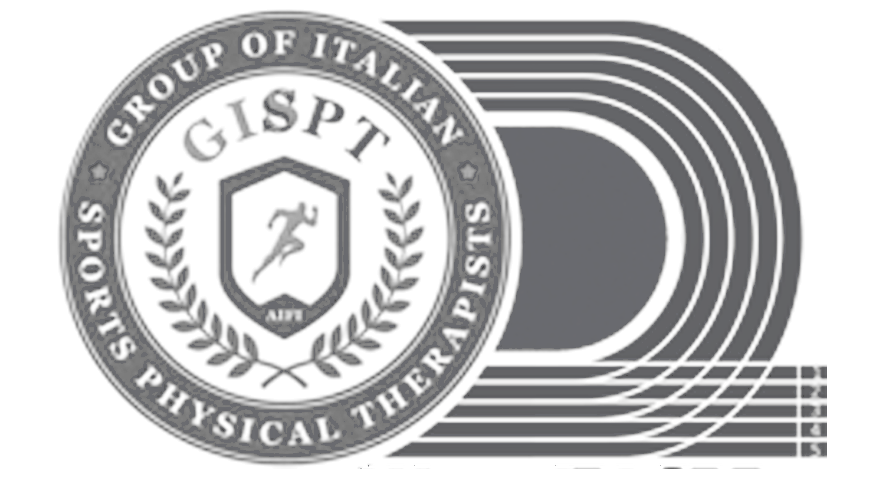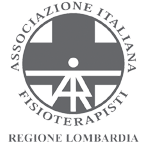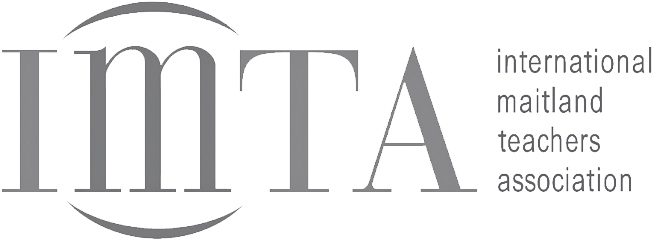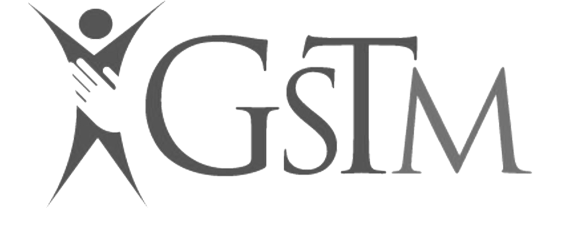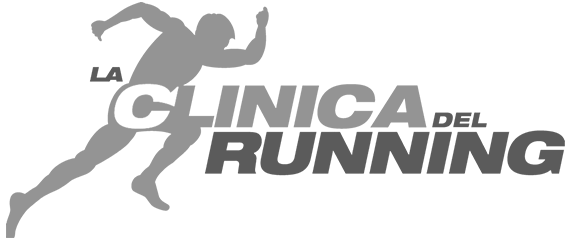November 29, 2019
EM117: Clinical classification and rehabilitation of patients with Parkinson's disease: the basics of individualized therapy
-
Alba MagriPt, IBITA Advanced Course Instructor
-
Monica MorelliIBITA ACI
-
Monia AlessiPt, IBITA Advanced Course Instructor
-
Carlos Leite MartinsPt, IBITA Basic Course Instructor, PhD Cand.
An increasing number of scientific studies testify to the effectiveness of rehabilitative treatment in slowing down the worsening of the motor symptoms of Parkinson's disease. This leads to an immediate improvement in the quality of life of the patient with Parkinson Desease and to a lower need to increase the pharmacological dosage in the short to medium term.
The most evident motor symptoms for this kind of patients are in the axial part of the body which supports the postural base for the movement of the limbs and the transfers in space and are decisive in limiting the functionality and autonomy in the ADL.
The most recent scientific literature shows how a rehabilitative path for parkinsonian patients should have the following characteristics: aerobic, goal-based, cognitive, intensive, multidisciplinary. Many approaches and protocols have been defined and recognized as effective in the management of the motor symptoms of Parkinson's disease. Also the rehabilitation approach according to the Bobath Concept offers a frame of reference suitable for the assessment and treatment of the postural problems of the Parkinsonian patient and the planning of a specific treatment based on the last evidence.
In collaboration with:
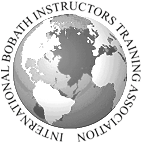
Intended for
Payments
- Deposit €250.00 + VAT 22% (€305.00) within 7 days from the registration
- Balance €200.00 + VAT 22% (€244.00) by date November 22, 2019
Calendar
language
SCHEDULE
First day
08.30-09: 00 Registration of the participants and presentation of the objectives of the course
09: 00-11.00 Anatomy and neurophysiology of the nuclei of the base
11.00-11.15 Coffee break
11.15-13.00 Parkinson's disease: clinical and diagnostic aspects - Scientific basis of rehabilitation in Parkinson's disease
13.00-14.00 Lunch
14.00-14.45 Framing of the motor problems of the Parkinsonian patient
14.45-16.15 Evaluation of a clinical case by teachers in a collective session. Synthesis of clinical reasoning and discussion
16.15-16.30 Coffee break
16.30-17.45 Specific assessment tests and scales for the Parkinsonian patient
17.45-18.00 Last questions and end of the day
Second day
08.30-11.00 Lesson - Specific problems of walking and postural control in patients with Parkinson's disease
11.00-11.15 Coffee break
11.15-13.00 Practical session - Specific problems of the trunk in the patient with Parkinson's disease and correlation with walking and transfers: therapeutic proposals and construction of appropriate postural sets
13.00-14.00 Lunch
14.00-15.30 Evaluation / treatment of a clinical case by teachers in a collective session. Synthesis of clinical reasoning and discussion
15.30-15.45 Coffee break
15.45-16.45 Practical session: Specific problems of the scapulo-humeral cingulum and treatment proposals
16.45 -17.45 Practical session: Strategies for the management of the anterocollis
17.45-18.00 Last questions and end of the day
Third day
08.30-11.00 Lecture - Bradykinesia, planning inflexibility and sensory integration deficits: implications for therapy
11.00-11.15 Coffee break
11.15-12.15 Practical session - Rehabilitation of indipendent postural transfers
12.15.13.00 Practical session: Gait initiation
13.00-14.00 Lunch
14.00-15.30 Evaluation / treatment of a clinical case by teachers in a collective session. Synthesis of clinical reasoning and discussion
15.30-15.45 Coffee break
15.45-17.00 Practical session: Facing the problems of the journey and facilitation
17.00-17.30 Last questions, ECM test and conclusion of the course
